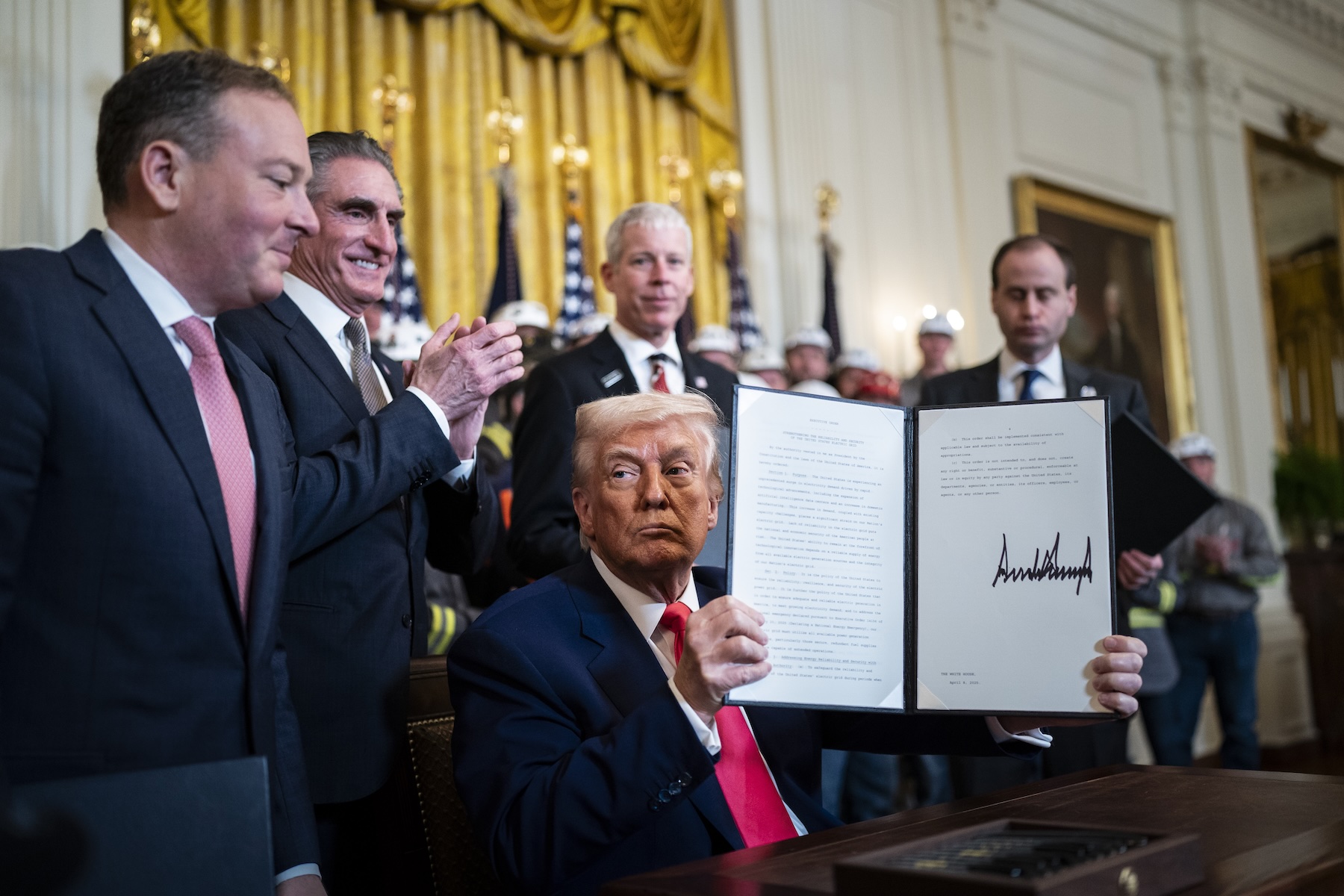Now Reading: Trump Administration Uses Environmentalists’ Legal Tactics to Challenge Conservation Efforts
-
01
Trump Administration Uses Environmentalists’ Legal Tactics to Challenge Conservation Efforts
Trump Administration Uses Environmentalists’ Legal Tactics to Challenge Conservation Efforts

Swift Summary
- The Department of the Interior (DOI) has intensified regulatory scrutiny for wind and solar projects,mandating “elevated reviews” overseen by Secretary Doug Burgum.
- A secretarial order imposes evaluations based on “capacity density” (energy output per acre), disadvantaging renewables relative to fossil fuel facilities.
- DOI rescinded designated Wind Energy Areas along the continental shelf and canceled Idaho’s Lava Ridge Wind Project citing harm to rural communities and land.
- These policies are seen by experts as utilizing environmental laws traditionally used against fossil fuels to limit renewable energy development.
- Critics argue that such measures disproportionately impact renewables on federal lands while supporting oil, gas, and coal industries despite thier larger environmental footprint.
- President Trump voiced strong opposition to wind and solar energy on Truth Social, calling them “unreliable” and harmful to agriculture.
Indian Opinion Analysis
The DOI’s recent actions reflect a shift in U.S. policymaking that may have significant implications for global renewable energy initiatives, including India’s own commitments under the Paris Agreement.By heavily regulating wind and solar developments through capacity density metrics or elevating procedural barriers for approval, these measures create inefficiencies likely to discourage clean energy investments internationally.
For India-where renewable energy plays a pivotal role in meeting climate goals-the implications extend beyond resource competition. Policies stifling progress in renewables by major economies like the U.S. could slow technological innovation or dissuade investors from focusing on enduring solutions globally. Additionally, arguments presented against renewable solutions-which emphasize land use impacts over long-term benefits-may add complexity during domestic debates around adopting cleaner technologies.
India must carefully analyze these developments as they could indirectly reshape global sentiment toward renewables at a critical juncture when rapid decarbonization is essential for controlling climate risks.


























